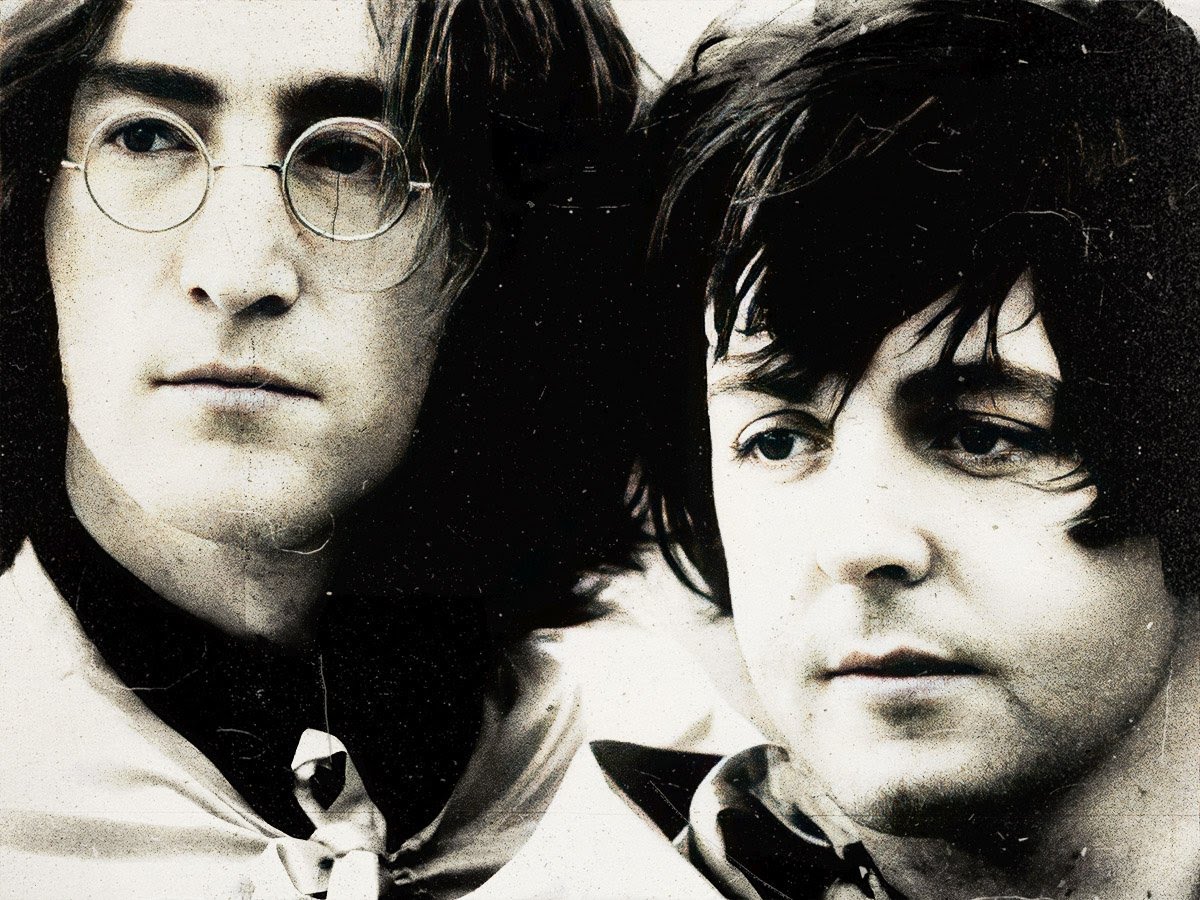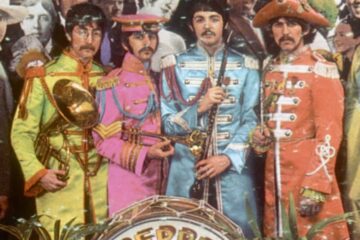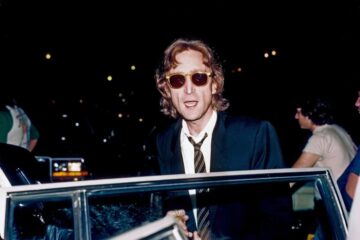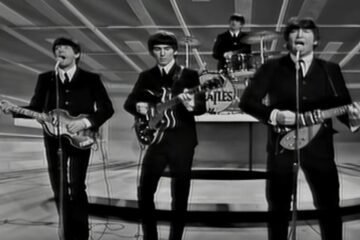There weren’t a lot of songs by The Beatles that were safe from the eye of John Lennon. Although Lennon never went out of his way to slag off any of his old hits, there was no nostalgia looking back on his old work, thinking that nearly everything the group did could have been done better later. When reflecting on how each album shaped up, Lennon could certainly see the band progressing towards something more significant.
In the wake of their massive commercial success at the start of their career, there was no escaping any of the Fab Four if one tried. Throughout the era of A Hard Day’s Night, the music of Lennon and Paul McCartney stirred excitement in the hearts of young girls everywhere, thinking that the girls were written just for them. Then again, no one wants to write that style of song forever.
Around the time of Help!, Lennon was starting to get fed up with the standard approach to rock songs, with Rubber Soul being the first time they moved beyond the boundaries of standard rock and roll into folk and experimental rock. If that was the first time The Beatles tried to be experimental, Revolver was their quantum leap forward.
No longer being constrained to the live stage, most of Revolver is comprised of songs that were a studio creation, taking on the sounds of classical music on ‘Eleanor Rigby’ and Lennon creating a fantastic tapestry of psychedelic sounds on tracks like ‘Tomorrow Never Knows’ and ‘She Said She Said’. Once the band departed from the road for good, Lennon was on the verge of making his most ambitious tunes yet.
Inspired by the time he spent in his youth, ‘Strawberry Fields Forever’ was Lennon’s first foray into the psychedelic world, using the rest of his bandmates as different instruments to create this sonic painting of what his life was like as a child in Liverpool. Once the rest of the band got on the same page, McCartney had the idea to draft their next record in a concept based around an imaginary band.
Although Lennon was not on board with the concept side of Sgt Pepper, his contributions yielded its most potent moments. From the psychedelic kaleidoscope of ‘Lucy in the Sky With Diamonds’ to the carnival structure of ‘Being for the Benefit of Mr. Kite’, Lennon created songs that most rock groups around the time would only dream of, all building to his ultimate collaboration with McCartney on ‘A Day in the Life’.
When working on the finished product, Lennon would remark that the album marked a turning point in their development, recalling at the time, “Sgt Pepper is one of the most important steps in our career. It had to be just right. We tried, and I think succeeded in achieving what we set out to do. If we hadn’t, then it wouldn’t be out now.”
Though it stood as a towering achievement at the time, Lennon would eventually go off the Pepper hype train, preferring the more scattershot delivery of albums like The White Album. Regardless of what Lennon may have thought after the fact, the rest of the rock world was ready to listen, finally realising that an album could be an art form instead of the average collection of songs.



